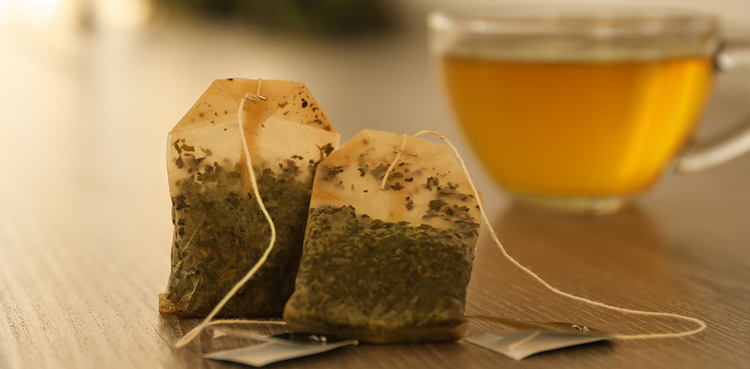
According to the Daily Mail, researchers from Universitat Autònoma de Barcelona analyzed three common types of tea bags – nylon, polypropylene, and one with an unknown filter – and found significant microplastic release.
Out of the three, polypropylene tea bags were the worst offenders, releasing an alarming number of nanoparticles into the brewing water. These microplastics were then observed to be absorbed by intestinal cells, with some even entering the cell nucleus, the part of the cell that houses genetic material.
While the long-term health effects remain unclear, this research adds to growing evidence that microplastic exposure from tea bags may have significant consequences. Previous studies have linked microplastic ingestion, particularly from tea bags, to potential impacts on cellular function, reproductive health, and even cancer development.
The findings underscore the urgent need for further research into the human health impacts of microplastic exposure from various sources, including tea bags and food packaging. As plastic use continues to increase, the study highlights the importance of addressing the challenges of microplastic contamination from tea bags to ensure food safety and consumer well-being.
Read More: Do you know: Black Coffee can be BAD for you
Do you know, with various health and nutritional benefits, black coffee can also be harmful to your body.
From weight loss to anti-depressant properties and being rich in antioxidants, while everyone is aware of the countless proven health benefits of having black coffee, do you know, that it can also have adverse effects on the human body? Yes, you read that right!
Due to being rich in caffeine and acid, having an excessive amount of black coffee in a day can lead to stomach issues and acidity, which can further result in cramps and abdominal spasms.
Moreover, having too much caffeine during the day can also mess up your sleep routine and increase anxiety, hence it is recommended, to avoid the consumption a few hours before bedtime.
Furthermore, no-sugar, no-milk coffee can also result in dehydration in the body which can lead to skin issues including acne and dark circles. To counter that, it is recommended to increase the water intake while having black coffee in your daily diet.
It is also suggested not to go beyond two cups of black coffee in a day to continue achieving the nutritional benefits of the caffeinated beverage and rather avoid the side effects.
https://ift.tt/JhMeZ8k
https://ift.tt/b04ih8l





0 Comments